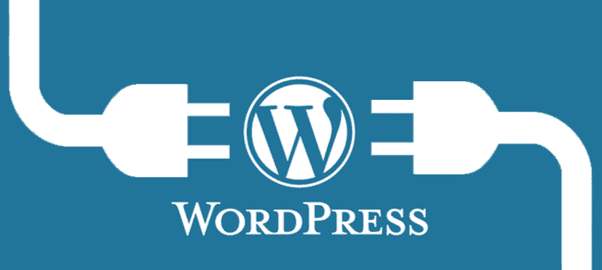
When re-building or replacing an enterprise web property, often times the earliest and most important decision that needs to be made is selecting the right CMS. A scalable and “easy-to-publish” CMS will be a key factor in the success of your web project. At FlowPress we believe that “Enterprise-Grade CMS” is defined as the ability to satisfy digital executives in terms of scalability as well as Marketing executives in terms of rapid content releases and extendability.
As WordPress has grown to be included in ~30% of all web properties, it has begun to shift from being seen as a blogging platform, to being seen as a viable CMS candidate in nearly any situation. The question now is whether or not it is ready for the non-publishing Enterprise.
We’re going to break this post down, first by profession (technology and marketing) and then by features. Let’s take a look!
Technology Director
The technology director cares about security, extensibility, scalability, continuous deployment/integration, user roles & permissions, and support networks.
Security
Like all CMS’ WordPress has encountered speed bumps over the past 13 years such as the most recent 4.7 exploits. We need to remember that the conversation we should be having is not “is WordPress secure?”, rather we should be asking “is WordPress less secure than custom or alternative CMS’?”. When framed this way, it’s hard to argue that WordPress is a poor choice for an Enterprise CMS due to security.
It is always on the team that manages WordPress in your organization (or your third party agency) to ensure that WordPress is up to date, hardened, and scanned for vulnerabilitieson a regular basis. Due to the large plugin ecosystem in WordPress we can rely on JetPack, SiteLock, Sucuri, and many more awesome products to help us out along the way.
Extensibility
With WordPress we get an out-of-the-box solution that we can add to, subtract from, and modify without ever touching or interacting with the WordPress core code base. Extensibility in WordPress expands beyond core to include themes and plugins as well as Authors have begun building with extensibility in mind.
This is not to say that a custom solution won’t be extensible, or even that other Enterprise CMS’ aren’t. What we are saying is that extensibility is at the very core of WordPress development and this mindset goes a long way in aiding development.
Scalability
If you’re savvy, WordPress can be as scalable as you need it to be independent of hosting. Like any solution, if you leverage tools such as ElasticSearch for lots of posts and Content Delivery Networks you’re in the clear.
In order to ensure scalability, we also recommend you utilize a managed hosting solution such as WP Engine, Kinsta, or Media Temple.
User Roles & Permissions
With a wide array of user roles and permissions built-in, WordPress is ideal for the enterprise that has large numbers of people working on the site at the same time, from admins to content contributors.
Plugins and custom code even allow you to create new access levels down to the smallest of task requirements.
Support Networks
Between the WordPress support forums, StackOverflow, and the hundreds of thousands of individual developers and agencies out there, any issue that you may have can be resolved by relying on the massive support network that WordPress has attracted.
Marketing Director
The marketing director cares about publishing, SEO, multiple authors, content calendars, and workflow.
Publishing Tools
With out-of-the box drafts, scheduling, private publishing, and publicly visible publishing, WordPress comes out of the box with all the necessary publishing tools a marketing director needs to create a workflow for her team and ship content efficiently.
Most modern CMS’ include these publishing tools as well but they are still a feature of WordPress that lends itself to the enterprise.
SEO-Friendliness
Ever since the earliest versions of WordPress, site optimization for search engines has been a key consideration. Today WordPress is still outpacing its contemporaries in this area and popular tools such as Yoast make strong on-site SEO an achievable goal for both the small business and the enterprise.
Multiple Authors
It goes without saying that inbound marketing is part of every Marketing Directors tool kit. In order to achieve the results promised by inbound marketing, the marketing team needs to be able to create (or source)b a lot of quality content and publish rapidly. Having multiple author functionality built-in and out-of-the box was definitely a major advantage that helped WordPress move more and more into larger scale businesses.
Is WordPress the right solution for every Enterprise?
Absolutely not! There are no “one-size-fits-all” solutions in this world. Some features that many expect to be “requirements” for the enterprise, such as a Digital Asset Management system, are still not built into WordPress (though we’ve custom built a DAM that integrates with WordPress for our client Unilock).
Though there are no silver bullets in the world, the above list of features built into WordPress are enterprise grade and will help you in building out all the features and functionality you could ever require.